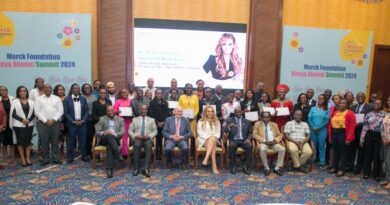Zambia’s Economic Dilemma
Zambia finds itself at the crossroads of economic debate as citizens express frustration over a perceived decline in their living standards, while the government contends that the broader economy is on a path to recovery.
An award-winning Journalist, Mr. Dingindaba Jonah Buyoya, sheds light on the divergence of perspectives, noting that the microeconomic indicators have not been favorable for the average Zambian.
Rising costs, particularly exemplified by the alarming exchange rate, have left citizens grappling with the increasing prices of essentials.
Over the last two years, the exchange rate has seen a significant dip, from 16.72 ZMW per dollar in August 2021 to a current high of 27.01 ZMW per dollar.
This devaluation has cascading effects, impacting the purchasing power of the local currency and leading to higher prices for imported goods such as fuel, food, and electronics.
The implications of this economic downturn are vividly reflected in the rising cost of living, as noted by the Jesuit Centre for Theological Reflection (JCTR). The basic needs and nutrition basket for a family of 5 have surged to 9,157 ZMW, up from 8,413 in August 2021.
This steep increase poses a significant challenge for citizens, especially considering that the average income falls far below the cost of the food basket.
While citizens bemoan their economic plight, the government counters with a narrative of resilience. Despite the challenges, officials point to a decrease in the inflation rate, standing at 13.2%, compared to 22.02% in 2021.
The government argues that, although commodity prices have risen, they would have been much higher without the lower inflation rate.
The root cause of the economic struggles, according to experts like Andrew Chibuye, a PwC Senior Partner, lies in the protracted debt restructuring process.
Chibuye emphasizes the complexity of the process and calls for citizen understanding, asserting that the delays are not intentional.
The government also cites satisfactory performance in the IMF program, signaling progress amid a challenging global environment.
In a surprising twist, Mr. Buyoya suggests that both citizens and the government may have valid points. While acknowledging the citizens’ economic hardship, he highlights positive outcomes resulting from government measures.
Yet, he cautions against overlooking the frustration stemming from unfulfilled promises made by President HH and his government during their time in opposition.



